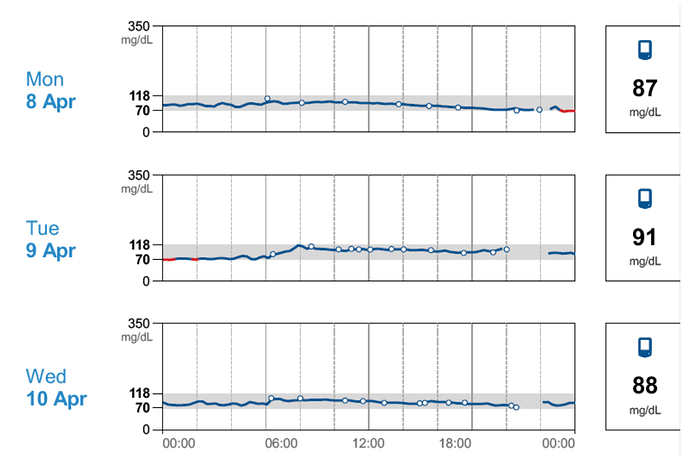@Elox A blood sugar of 193 and no one said anything? Do you have a recent HbA1c?
@fitbod Since I have been following Fire in a Bottle, and he has recommended berberine, I started taking it and researching it. It has quite a bit of evidence for it, with not much against it. Multiple studies on T2 diabetics indicate improvements.
Your theory about your liver is not a bad one. It might be true.
I stopped taking berberine because I developed what I believe was atrial fibrillation. I can’t prove berberine caused this, but I wanted to go back to taking nothing (but salt, magnesium at times, potassium at times, and vitamin D). I did notice more arrhythmia at times when taking berberine, though, and atrial fibrillation sucks.
I may be an outlier, as I’ve been low carb/keto for so long; berberine might not be helpful, and might be detrimental, to me. (For instance, when Brad from Fire in a Bottle lists fatty acid profiles/values for diabetic and normal people, mine are always closer to the “normal” than “diabetic”.)


